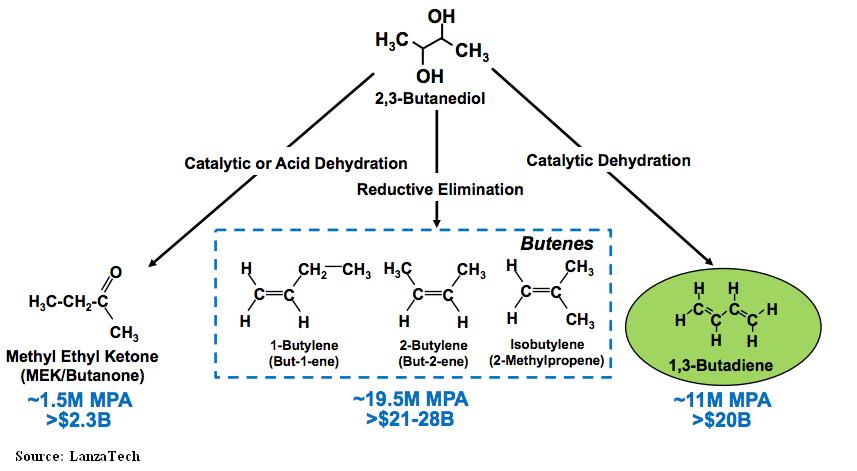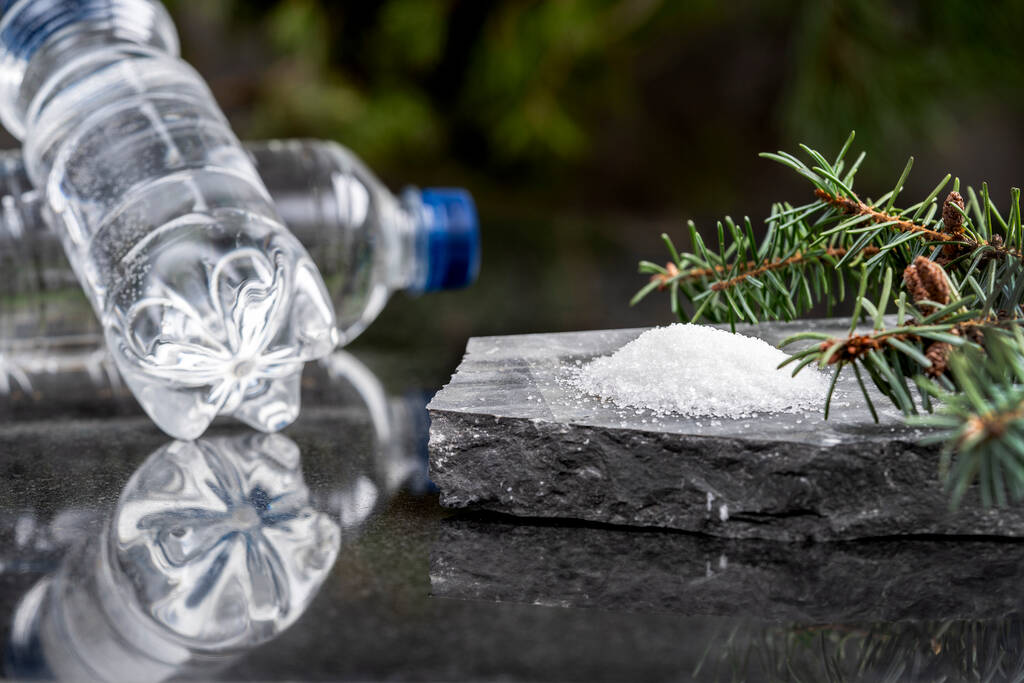Thanks to Lycra producer INVISTA for sending to me this news today about its collaboration with Seattle-based biotechnology company Arzeda.
INVISTA and Arzeda are developing technology platforms for a bio-derived processes that will combine Arzeda’s synthetic biology and enzyme design capabilities with INVISTA’s knowledge in catalysis and chemical processing.
The companies initial focus will on the production of bio-derived butadiene (BD). Butadiene is an intermediate chemical used in the production of synthetic rubber and various plastics. INVISTA said it is also a key intermediate used by the company in its proprietary butadiene-based adiponitrile (ADN) production technologies. ADN is an intermediate chemical used in the manufacture of nylon 6,6.
If readers recall, this blog’s first post was about INVISTA’s partnership with LanzaTech announced in September last year. The companies are also collaborating on production of bio-based butadiene using initially LanzaTech’s carbon monoxide-derived 2,3 butanediol process, and later on, a direct single-step process to produce butadiene through a gas fermentation process.
INVISTA has been keen to develop cost-competitive biological route to BD to help assure ample supply and reduce price volatility of the chemical. Other companies currently involved in the development of bio-based butadiene included:
- Genomatica through its partnership with Italian chemical firm Versalis and Novamont
- Global Bioenergies with its partnership with Synthos
One fascinating fact according to Global Bioenergies in an article from ICIS, about 7.2 tonnes of molasses is needed to produce one tonne of bio-based BD. On a larger scale, to produce 100,000 tonnes of bio-BD, a plant would need 12 reactors at a size of 55o cubic meters each, which would consume about 720,000 tonnes of molasses/year.
Global Bioenergies projected that bio-based BD could start to replace some of the traditional BD supply within the next 10 years.





